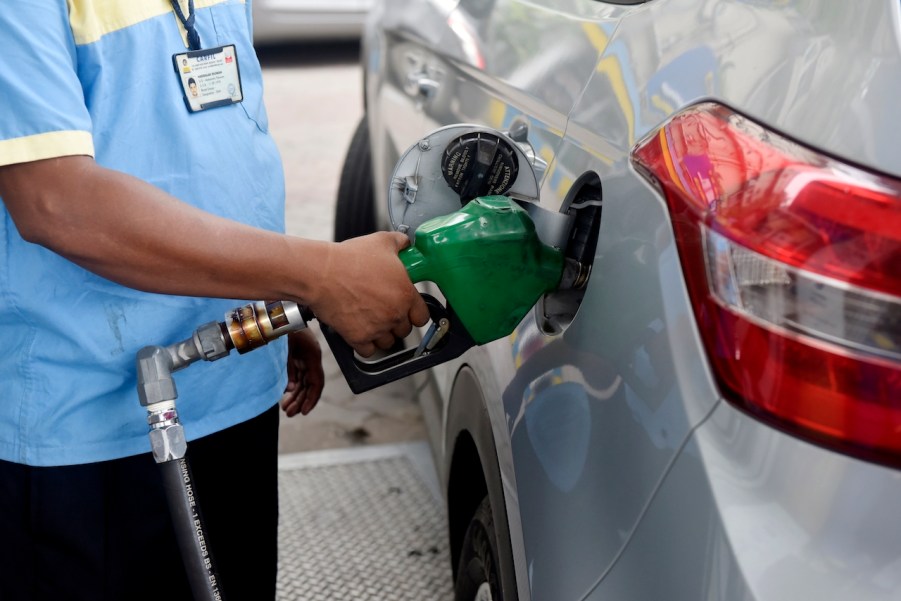
Could Changing Your Driving Habits Actually Save You Money on Gas?
With gas prices constantly fluctuating, saving money on gas is a must. Even if you buy a car with great fuel economy, your driving habits may have shown that the fuel economy reported by manufacturers isn’t always certain. With small changes to your driving habits and practices, or minor changes to your vehicle itself, you may find yourself stopping to refuel less often, and even hunkering down on your monthly gas budget.
Check to see what mistakes could be ruining your car’s fuel economy

If you haven’t noticed, the fuel economy reported by manufacturers isn’t always the fuel economy you get in your vehicle. This is for several reasons, such as driving habits, but it can also be affected by the habits you’ve made by leaving things in, on, or attached to, your vehicle. Leaving heavy objects in your trunk or cargo area, for instance, increases the overall weight of your vehicle, which can affect how much gas is required to accelerate. Leaving on things like bike racks and roof-mounted storage containers makes your vehicle less aerodynamic, and several studies have even shown that leaving these on can negatively impact your fuel economy. Yes, bike racks actually ruin your car’s fuel economy.
Drive evenly to reduce the amount of gas you’re wasting
Making a habit of pressing too hard on the gas pedal to accelerate might make it seem like it makes your vehicle go faster, but your vehicle’s engine and systems are only designed to accelerate so quickly. This is why slamming on the gas pedal to accelerate isn’t always a good thing — your vehicle will allow you to waste gas while trying to accelerate, but it doesn’t make your car move any faster.
Alternatively, hitting the brakes too hard or too early can negatively impact your car’s fuel economy. Like everything in this world, cars work on basic principles of physics, so as they slow down or come to a complete stop, they require more energy, delivered in the form of gas. By driving more evenly, you minimize the amount of gas you waste by trying to accelerate faster than your car physically can and trying to bring your car back up to speed after slowing down.
Change the times you drive
You may not want to be getting up a bit earlier to go to work, but avoiding rush hour traffic can positively affect your vehicle’s fuel economy. While sitting in traffic, your car is using gas to keep the engine running and electrical systems operating. Besides that, your vehicle uses more gasoline in stop-and-go traffic as it is constantly trying to move from a complete stop or from a near-complete stop. Not only will you save money on gas, but you’ll also save yourself a lot of time and frustration.
If you are already following these basic gas-saving driving tactics and still aren’t happy with your fuel economy, it may be time to start looking at a new, more fuel-efficient vehicle, or even a completely electric one. Luckily, all of these tricks are minor, and while they can be slightly inconvenient or annoying, they are all good ways to save money on gas.


